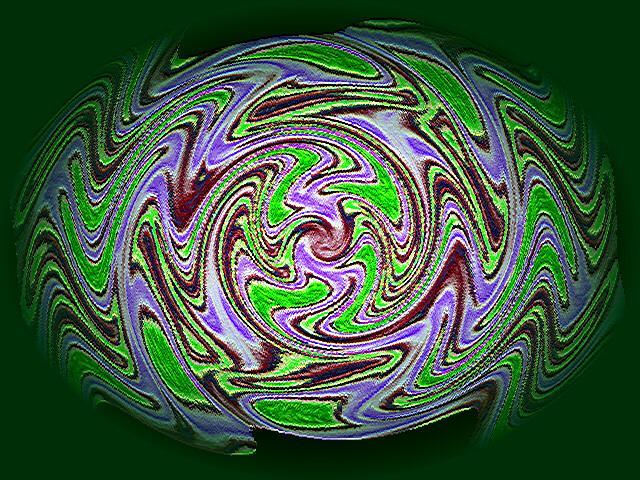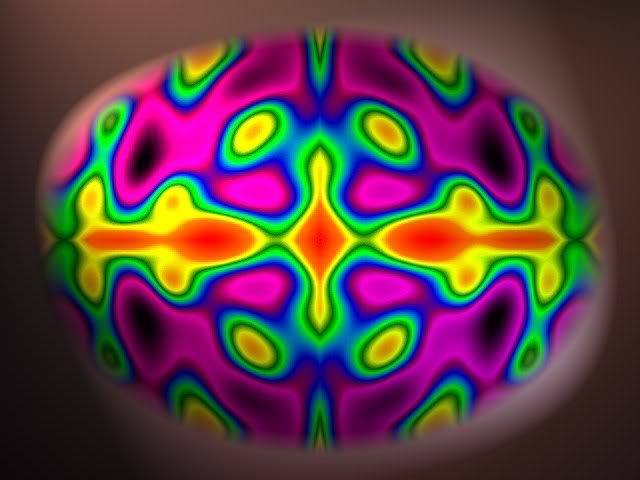 Maybe I was born this way. Maybe it's a genetic mutation.
Maybe I was born this way. Maybe it's a genetic mutation.
Maybe it happened when I was sitting on the dock of the bay in my hippie youth.
Maybe it happened because once upon a time it became clear that my life and my needs didn't matter to the progress of this thing we call human society and its relationship with and survival on this planet.
Which means maybe Poul Anderson is to blame.
The graphic is entitled Pencil and Wax.
Maybe it happened because I've lived so close to the edge of death by my own hand so many times. That could have singed away any real motivation for the self-interest that I have been told recently is at the heart of every human being's motivation and that virtue is only enlightened self-interest.
I can't accept that...and the emphasis is on the "I". My examination of my life does not allow me to classify doing something in my self-interest, enlightened of not, as being a virtue. If I'm not doing something that benefits society in some way, I am not spending my time wisely.
That someone else would question the motives of me or anyone else me is perplexing.
The pride with which the young poster (since I am 66, I feel safe in using the adjective "young") interpreted psycho/sociological research and questioned my own knowledge of self to justify his claim that I indeed belonged outside of the whole was astounding to me. Inside I could not possibly believe that the good of the many was paramount. I must be delusional (like I haven't heard that before).
Once more I feel like a complete outsider, unable to be fully human if I am altruistic, if the benefit of the world and it's people do not in every case supersede the needs of the one.
I had to be like him.
I'm not. And there is nothing wrong with me.
We are not all alike and nobody gets to tell me what I think or why I think it. The only freedom I truly have in this life is the freedom to think my own thoughts and establish my own motivations.
I am an altruist. I will not back away from that descriptor for myself. I do truly believe that spending my life trying to benefit the whole of mankind is something I should be doing. I've made it my life's work. I do not need people seeking to prove that I am not an altruist. I really do have better things to do with my time.
There are just some statements which are wrong but are said too often. I denounce the thoughts that everyone is selfish, that everyone is a racist, that aggression is good and pacifism is bad, that hatred cannot be eliminated. I believe in the human race. I believe that our society can evolve beyond such thoughts.
The thoughts aren't true and they don't help anyone. There is a huge difference between the words "All" and "Some." What someone else may believe about themselves has no influence on what I believe about my life. In many cases, the context in which those thoughts above are expressed makes the work harder for those of us who seek to find ways for society to advance for the greater good of its members.
I am not alone. I can't be or the notion of altruism would not persist. I have to believe I am not alone.
But even if I were alone, I would still go on believing what I believe and doing what I do for what I believe is the good of the many.
Nobody has to worry about me trying to create others like me. Other people have their own processes to go through to arrive at personal understanding. My view of the world works for me.
And nobody has to claim that means I think I am better than anyone else. I don't. Selfishness is a human right and altruism is not a human obligation. Altruism is an obligation I have for myself in living my life.
If that is delusion, so be it. I can only be who I am, one human being among many.
------------
I had trouble letting that go...and ended up in another discussion:
I had...or am having (it's hard to tell sometimes)...a disagreement with someone which turned out to center mostly on our disagreement about the meanings of the words "selfish" and "egocentric."
I believe that words come with denotations and connotations and that if our sets of either of these differ, we will have different interpretations of the words. Because of this, all human communication is, in part, a negotiation.
The person with whom I was (or am) conversing believed that the dictionary rules. I've never cared for that view because I don't believe the language is dead, believing rather that words change meaning over time and even the best dictionaries are therefore mostly out of date.
Besides, I'm a mathematician at heart. When we mathematicians define words, they mean what we say they mean, no more and no less.
Of course, Charles Dodgson (aka Lewis Carroll) was a mathematician:
'When I use a word,' Humpty Dumpty said, in a rather scornful tone,' it means just what I choose it to mean, neither more nor less.'
'The question is,' said Alice, 'whether you can make words mean so many different things.'
'The question is,' said Humpty Dumpty, 'which is to be master - that's all.'
So in my never-ending quest for self-improvement, I headed to wikipedia. Make fun if you wish, but on many subjects, wikipedia is as good as any encyclopedia...and probably better.
Selfishness denotes the precedence given in thought or deed to the self, i.e., self interest or self concern. It is the act of placing one's own needs or desires above the needs or desires of others. Selfishness is the opposite of altruism (selflessness)
As mentioned above, I consider myself to be an altruist. At least I try my damn hardest to be so.
In psychology, egocentrism is defined as a) the incomplete differentiation of the self and the world, including other people and b) the tendency to perceive, understand and interpret the world in terms of the self. The term derives from the Greek egô, meaning "I". An egocentric person has a limited theory of mind, cannot fully "put himself in other peoples' shoes," and believes everyone sees what he/she sees (or that what he/she sees, in some way, exceeds what others see).
Piaget believed that all children under the age of seven were egocentric, but not selfish, because young children were incapable of understanding that other people may have different opinions or beliefs than themselves.
Piaget offered no such excuse for adults.
A visit to the Online Etymological Dictionary also seemed in order.
ego
1714, as a term in metaphysics, from the Latin ego, meaning "I" (cognate with O.E. ic, see I). The psychoanalytic sense is from 1910; the sense of "conceit" is from 1891. Egocentric is from 1900; ego-trip was first recorded in 1969. Egomania is from 1825; egomaniac is from 1890.
"In the book of Egoism it is written, Possession without obligation to the object possessed approaches felicity." [George Meredith, "The Egoist" (1879)]
selfish
1640, from self (q.v. for derivation). Said in Hacket's life of Archbishop Williams (1693) to have been coined by Presbyterians. In the 17th century, synonyms included self-seeking (1628), self-ended, and self-ful.
Let us understand what our own selfish genes are up to, because we may then at least have the chance to upset their designs.
--Richard Dawkins, "The Selfish Gene," 1976
Interesting Alan quote discovered along the way:
Trying to define yourself is like trying to bite your own teeth.
--Alan Watts
And Piaget:
Only education is capable of saving our societies from possible collapse, whether violent, or gradual.
--Jean Piaget
 Brain Scan
|
Comments
More illumination of the...
...the protagonist in my autobiography, I hope.